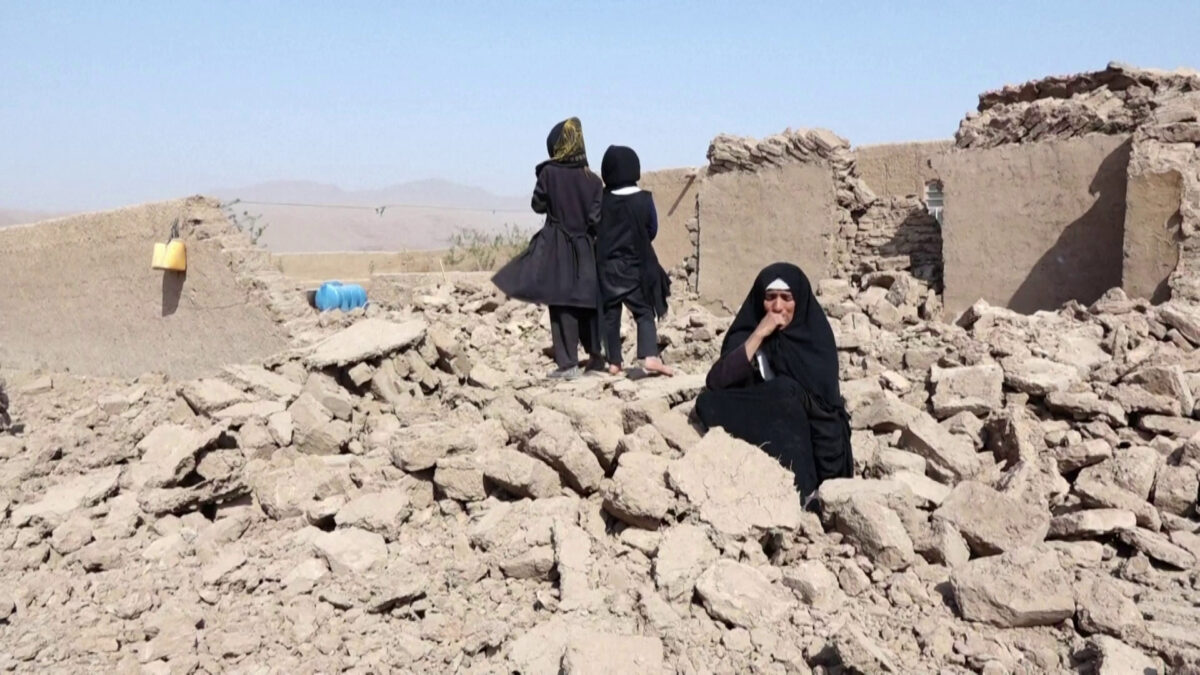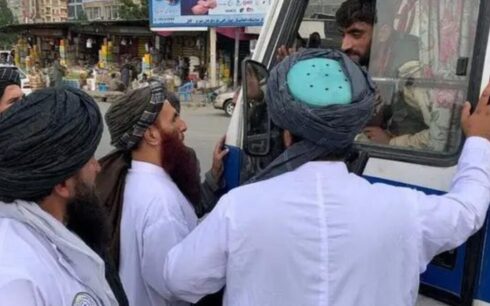A recent series of earthquakes in Herat province has caused extensive damage to at least 40 health facilities in the Zinda Jan district, according to a report published by the World Health Organization (WHO) on Thursday.
The WHO report states that an estimated 114,000 individuals are now in dire need of humanitarian assistance. Around 43,400 people have been directly affected across six districts, including Injil, Kushk/Rabat-e-Sangai, Zindajan, Gulran, Herat, and Kohsan in Herat Province.
The Health Cluster has already provided aid to 32,511 affected individuals in the hardest-hit areas. The organization is urgently appealing for $7.9 million to cover life-saving health services over the next six months.
Between October 7 and October 15, a series of earthquakes, measuring 6.3 in magnitude, struck Herat Province in western Afghanistan, resulting in widespread destruction. These seismic events and their aftershocks have left thousands of vulnerable residents in underserved areas in urgent need of humanitarian and health support.
As of October 19, the earthquakes and aftershocks have led to at least 1,482 fatalities and more than 2,100 injuries. Aftershocks continue to unsettle communities and heighten anxiety among the affected population.
The damage extends beyond health facilities, with over 3,330 homes completely destroyed and extensive infrastructure damage, including the water network. Consequently, many people are now living in tents, open areas, and other temporary shelters.
With the harsh winter approaching, prolonged displacement will exacerbate health risks for these already vulnerable communities. The cramped living conditions, limited access to water, and the lack of winter essentials like warm blankets and clothing are expected to increase the incidence and severity of infectious diseases.
The WHO and its Health Cluster partners have already reached 32,511 individuals affected by the earthquake across various districts. However, a number of Herat residents who have taken refuge in tents due to the earthquake fear report that their children have fallen ill due to the lack of facilities.
One such resident, Khatira, who now resides in the 9th district of Herat after the earthquake, highlighted the challenges they face. She mentioned that her family spends hot days and cold nights in a tent without proper facilities, leading to health issues. Access to healthcare services remains a pressing concern for them.
The earthquakes in Herat have displaced many city and district residents, forcing hundreds of families to endure cold nights in tents.
Some of these tent dwellers voiced their grievances about the lack of access to aid. They pointed out that the cold weather has led to illnesses among their family members, and the absence of healthcare services compounds their problems.





